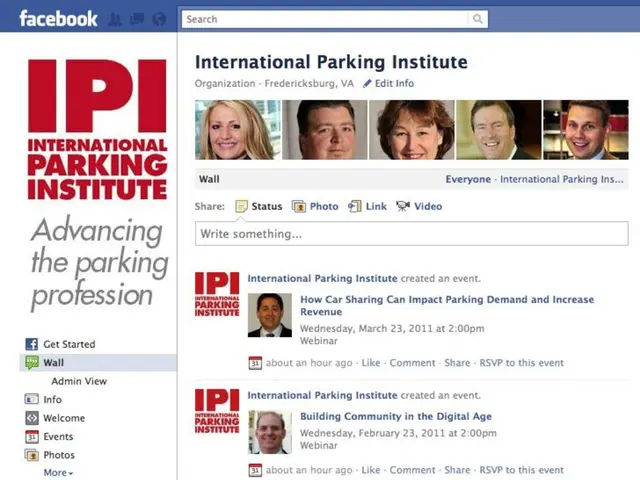Is it safe to consume alcohol following a tooth extraction?
A tooth extraction is a common dental procedure that involves removing a tooth from its socket in the bone. After the procedure, it's essential to follow your dentist's aftercare instructions to promote healing and prevent complications.
One crucial piece of advice is to avoid consuming alcohol for at least 3 days after the extraction. Alcohol can interfere with blood clot formation at the extraction site, which is crucial for proper healing. It can also thin the blood, increase bleeding, and weaken the body's ability to fight infection.
Specifically, alcohol consumption may dislodge or prevent the formation of the blood clot, leading to a painful condition called dry socket. Dry socket delays healing and causes severe pain. Alcohol can also thin the blood, causing prolonged bleeding at the extraction site, and suppress the immune system, making infections more likely and slowing tissue regeneration.
Moreover, alcohol can irritate gum tissue and interfere with any prescribed medications, reducing their effectiveness. For these reasons, dentists generally advise avoiding alcohol to promote optimal healing and reduce the chance of complications.
Other habits that should be avoided immediately after extraction include smoking, vaping, or using tobacco products, vigorous rinsing, and physical exertion. These activities can disrupt the healing process and increase the risk of complications.
In the days following the extraction, individuals should follow a soft diet, avoiding hard, crunchy, or sticky foods. A person can help reduce swelling, pain, and bruising by applying a cold compress or ice pack to the cheek on the affected side.
People should also maintain good oral hygiene by gently brushing and flossing around the extraction site, being careful not to dislodge the blood clot. They should eat nutritious, soft foods that are not too hot or spicy.
It's important to note that tooth extraction is usually performed when a tooth has damage or decay and is beyond repair with fillings. In the rare cases where discomfort does not improve in the days following the extraction or if there are signs of infection, individuals should contact their dentist for evaluation and treatment.
Lastly, people should refrain from using straws to avoid dislodging the blood clot and should avoid strenuous activities for the first few days after the procedure to allow the body to heal.
By following these guidelines, individuals can ensure a smoother recovery process and reduce the risks of complications after a tooth extraction.
- Maintaining oral health is essential after dental procedures, such as tooth extraction, to promote healing and prevent complications.
- In addition to avoiding alcohol, individuals should also steer clear of smoking, vaping, or using tobacco products, vigorous rinsing, and physical exertion following a tooth extraction.
- For optimal healing and to reduce the risk of complications, people should stick to a soft diet, avoiding hard, crunchy, or sticky foods, and consume nutritious, soft foods that are not too hot or spicy.
- Good oral hygiene is crucial after a tooth extraction. This includes gently brushing and flossing around the extraction site, being careful not to dislodge the blood clot.
- People should also consider therapies and treatments like fitness and exercise, workplace-wellness, health-and-wellness, mental-health, and skin-care routines to aid in the overall recovery process and support a balanced nutritional intake after a dental procedure.




